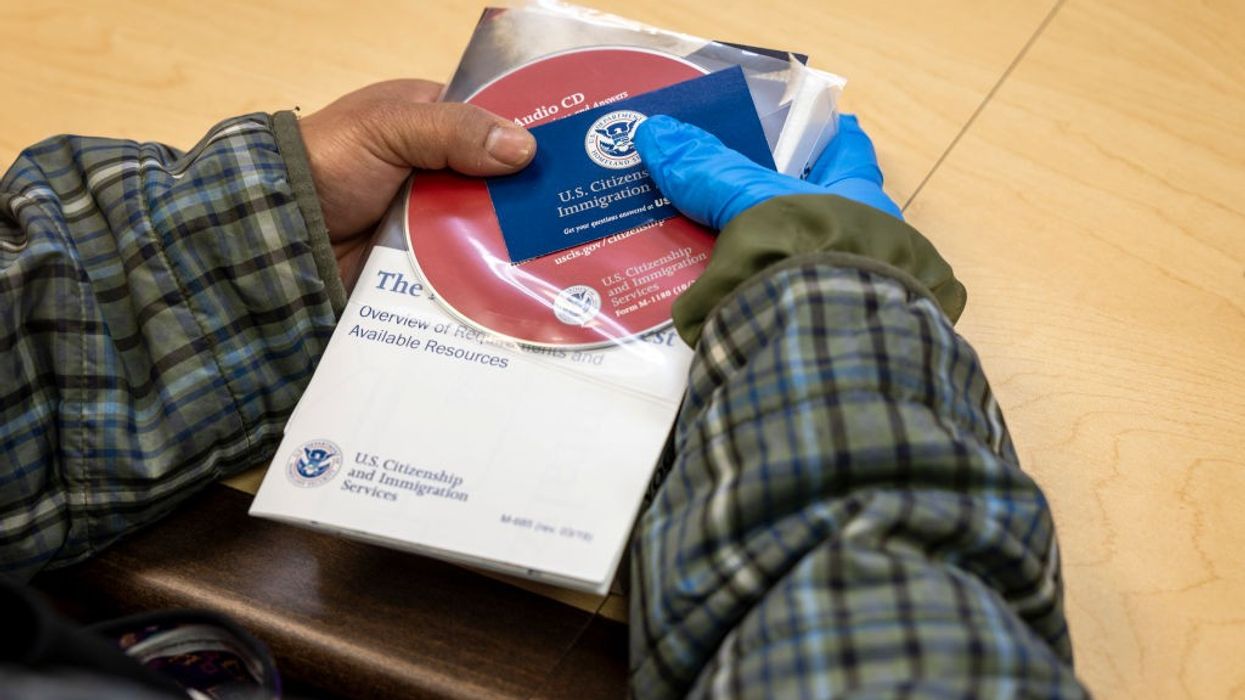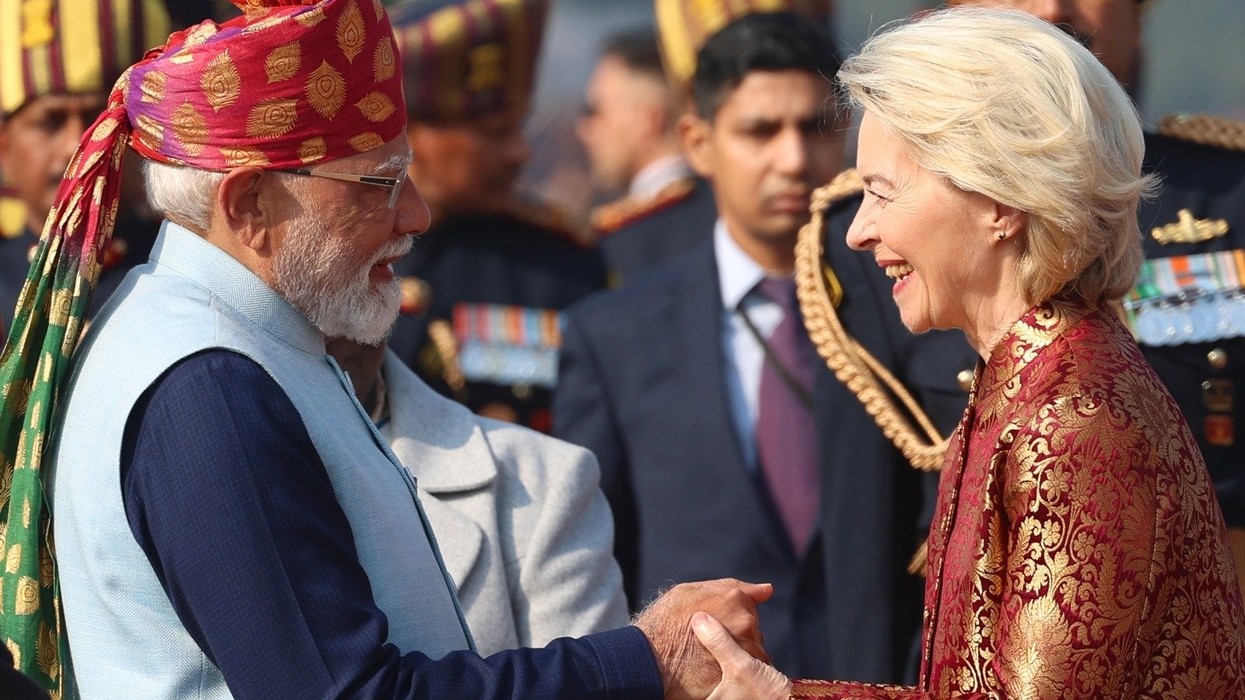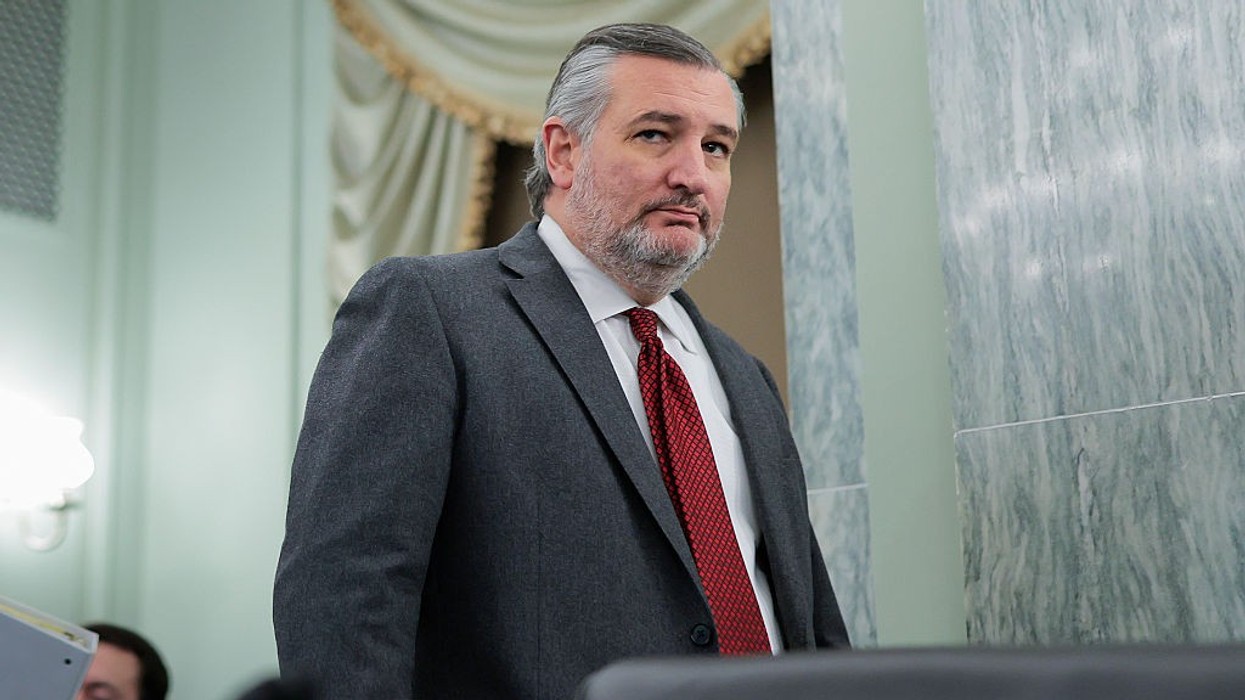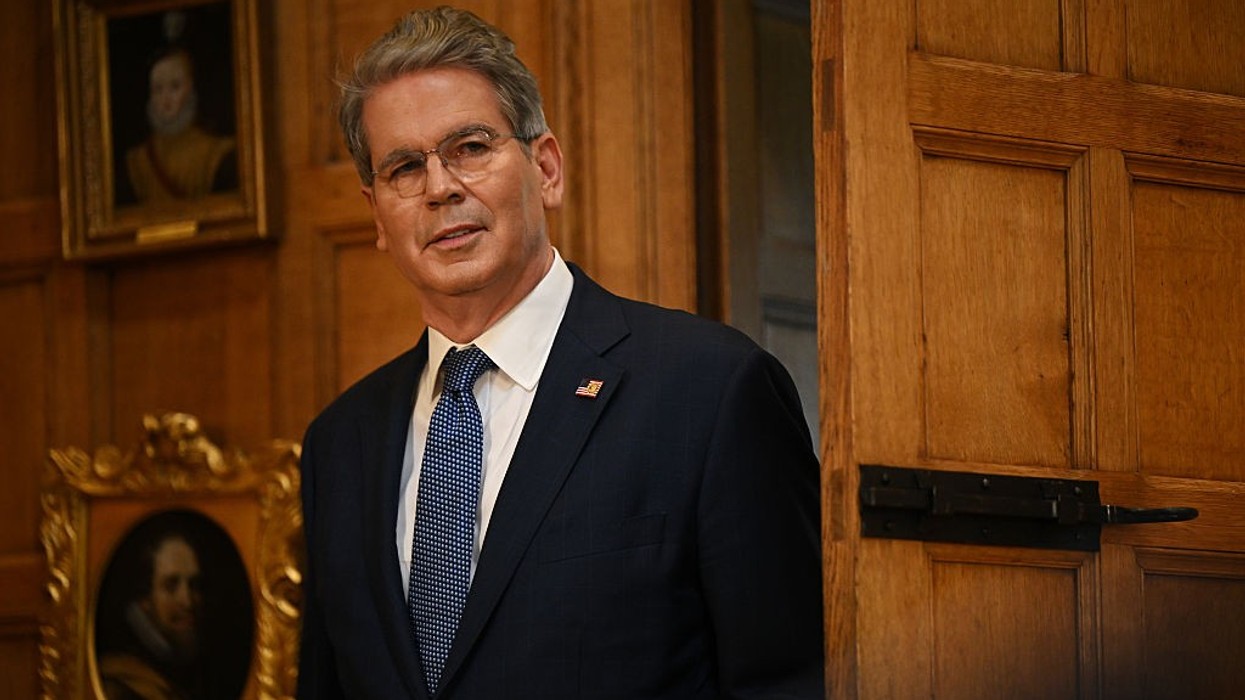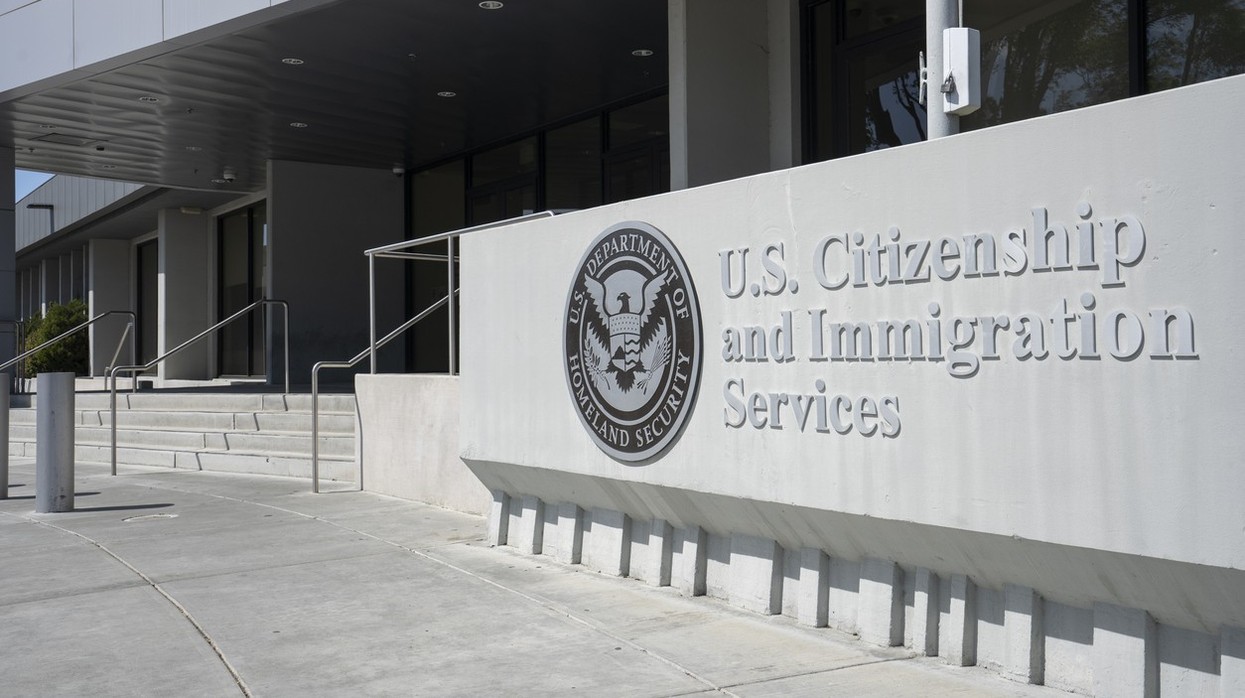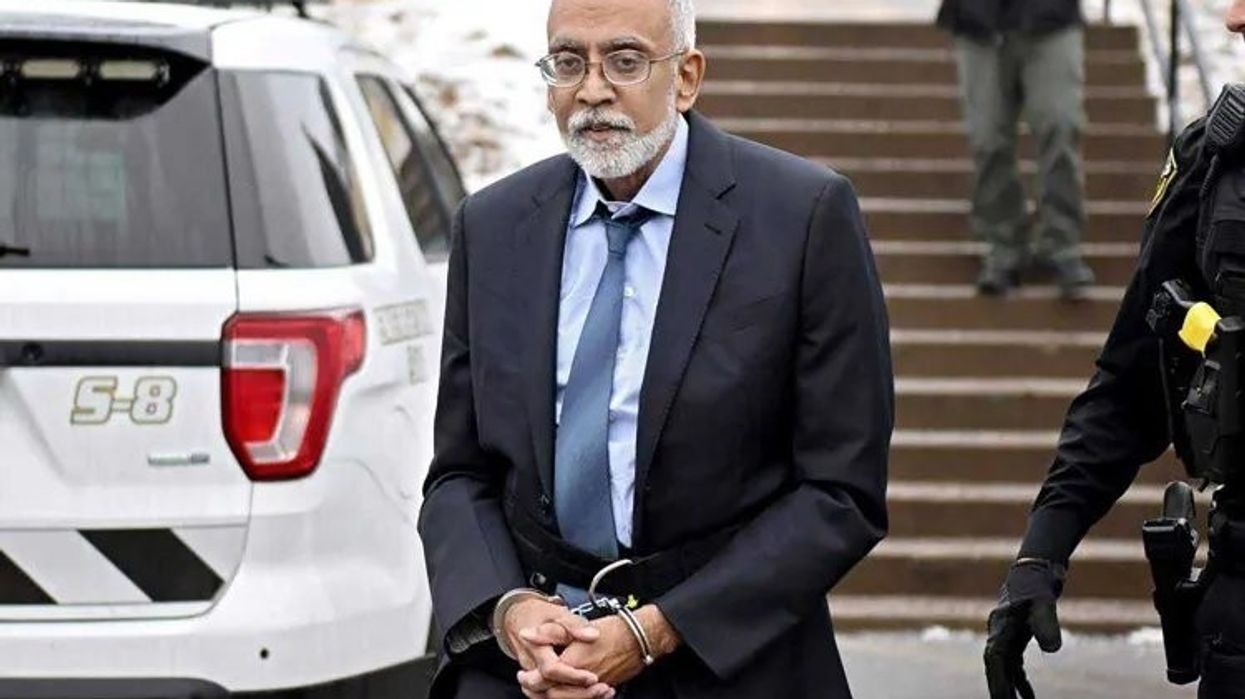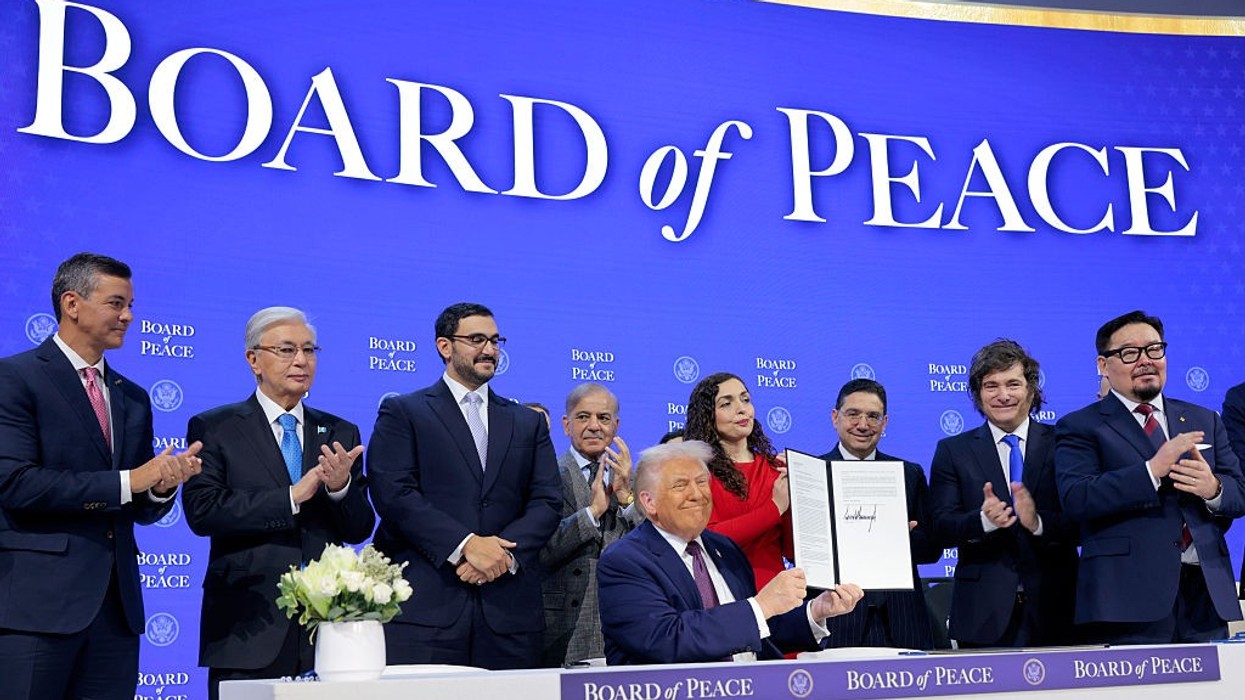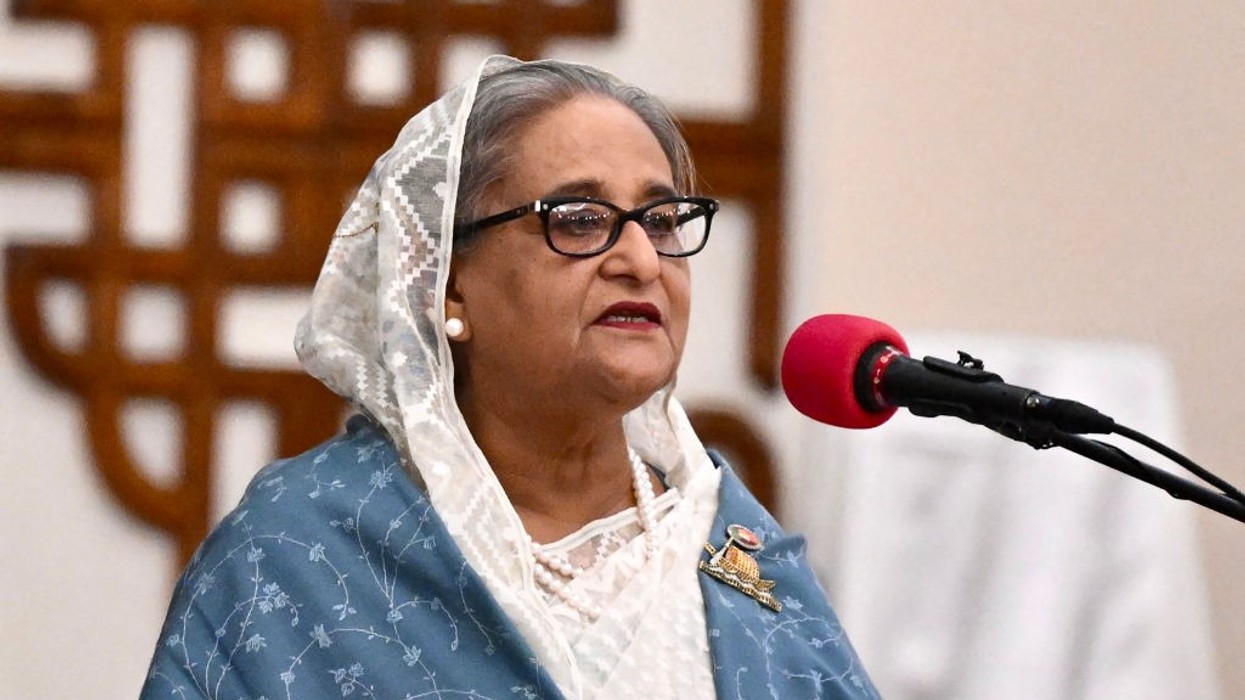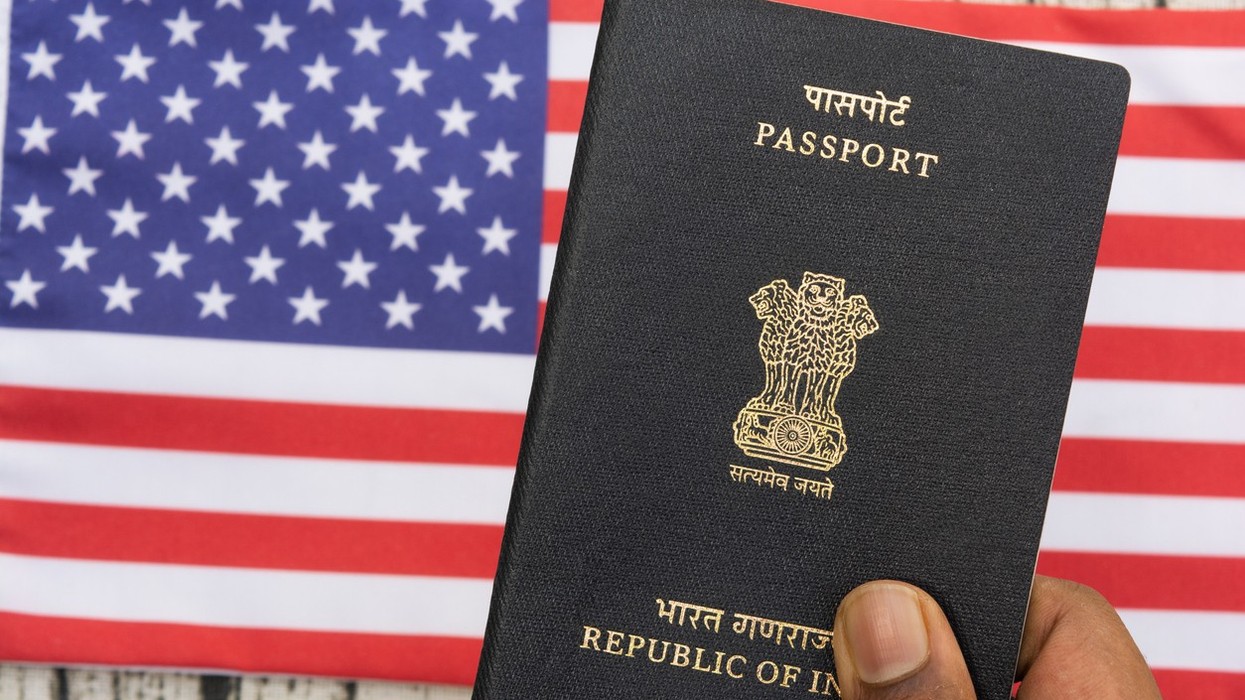Highlights:
- Trump administration exempts existing H-1B holders and F-1 visa graduates from $100,000 fee.
- Clarification ends confusion after the steep visa fee announcement last month.
- Nearly 300,000 Indian tech professionals currently hold H-1B visas in the US.
- Experts warn the new fee could have destroyed the H-1B program if applied universally.
- Political debate erupts in India as leaders question Modi’s handling of the issue.
The Trump administration has brought major relief to thousands of Indian tech workers and students in the US by announcing that the recently introduced $100k H-1B visa fee will not apply to many existing visa holders. The clarification, issued by the US Citizenship and Immigration Services (USCIS), ends weeks of confusion and panic that followed president Trump's earlier proclamation.
Officials confirm that the new rule will not affect anyone already living in the US on a valid visa, including those on F-1 student visas, L-1 intra-company transfers, or current H-1B visas seeking renewal or extension. The USCIS also clarified that the proclamation 'does not apply to any previously issued and currently valid H-1B visas, or any petitions submitted prior to 12:01 am ET on September 21, 2025.'
This means foreign nationals already in the US, including international students switching from F-1 to H-1B status, will not have to pay the new fee. Additionally, H-1B visa holders can continue travelling in and out of the country without restrictions, addressing one of the biggest concerns raised after the announcement.
The decision is a major relief for Indian tech professionals, who form the largest group under the H-1B visa program. There are nearly 300,000 Indian workers currently in the US on H-1B visas, employed mainly in the technology and services sectors. Indians account for about 70 per cent of all new H-1B visas, far ahead of Chinese nationals, who hold about 11–12 per cent.
The H-1B visa allows skilled foreign professionals to work in the US for up to three years, with an option for a three-year extension. Until now, visa costs ranged between $215 and $5,000 depending on the employer’s size and category. The proposed $100,000 fee would have been up to 100 times higher, making it unaffordable for many employers and startups.
Experts had earlier warned that such a high fee could “effectively kill the H-1B programme” and hurt both Indian and American industries that rely on global talent. For India, the program has long been a path for middle-class mobility, enabling thousands of Indian families to build their lives in the US.
Studies like The Other One Percent have shown that the H-1B route played a key role in making Indian-Americans one of the most successful immigrant communities in the country.
Companies such as Infosys, TCS, and Wipro have used the H-1B system to send engineers to client sites in the US, while major American firms like Google, Amazon, and Microsoft also rely heavily on Indian professionals.
Trump’s fee announcement had sparked political debate both in India and the US. US Commerce Secretary Howard Lutnick defended it, saying it was meant to attract “high earners” and discourage companies from hiring “low earners who take jobs from Americans.” However, Indian leaders criticized the move, with Rahul Gandhi accusing Prime Minister Narendra Modi of failing to protect Indian workers’ interests. Congress chief Mallikarjun Kharge even called the fee a “birthday gift” from Trump to Modi.
The Indian government said it is still studying the policy’s implications, while Prime Minister Modi, speaking in Gujarat, reiterated his vision of “self-reliance,” stating, “India’s only real enemy is dependence on other countries.”
